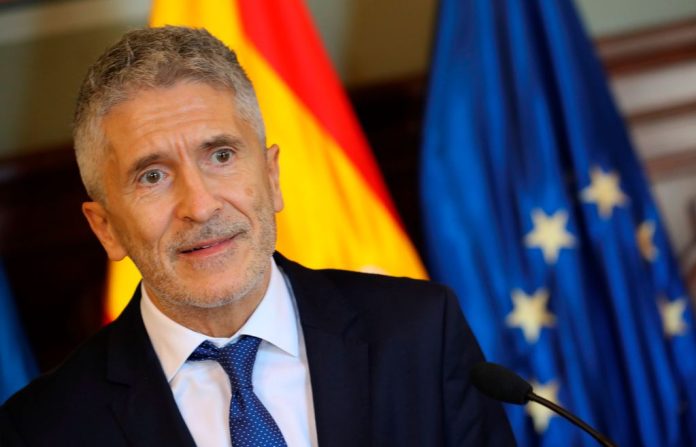Ministers from five Mediterranean countries on Saturday appealed to the European Union to “deepen” bilateral agreements with migrants’ countries of origin and increase funding to tackle the underlying causes of migration.
On the island of Gran Canaria, the interior and migration ministers of the so-called MED5 nations – Cyprus, Greece, Italy, Malta and Spain – come to discuss the new migration and asylum pact adopted by the EU parliament on 11 April, as well as issues on combating human trafficking mafias.
The agreement proposes a radical reform of the bloc’s asylum policies that will tighten border procedures and force all 27 countries to share responsibility for migrant arrivals. The reform was spurred by a massive influx of migrants in 2015 and its provisions come into force in 2026.
Spanish Interior Minister Fernando Grande-Marlaska said it is a “historic” pact which was concluded after decades of disagreement and for the first time provides a single, common and effective legislative framework aimed at managing orderly and legal migration and always committed to the values of the European Union, international law, the defence of human rights and the right to asylum.
He further told a news conference that the key to migration management lies in “bilateral cooperation” and urged the European Commission “to deepen and broaden partnerships and agreements with third countries” to stem flows of irregular migrants.
Under current EU rules, the country of arrival is responsible for receiving and vetting asylum seekers and for returning those deemed inadmissible, putting the southern frontline states under immense pressure, fuelling drastic sentiments.
Despite, the EU’s New Pact, which includes building border centres to hold asylum seekers and sending some out of “safe” countries, has been condemned by migrant charities and NGOs, and Amnesty International has warned of great human suffering.
